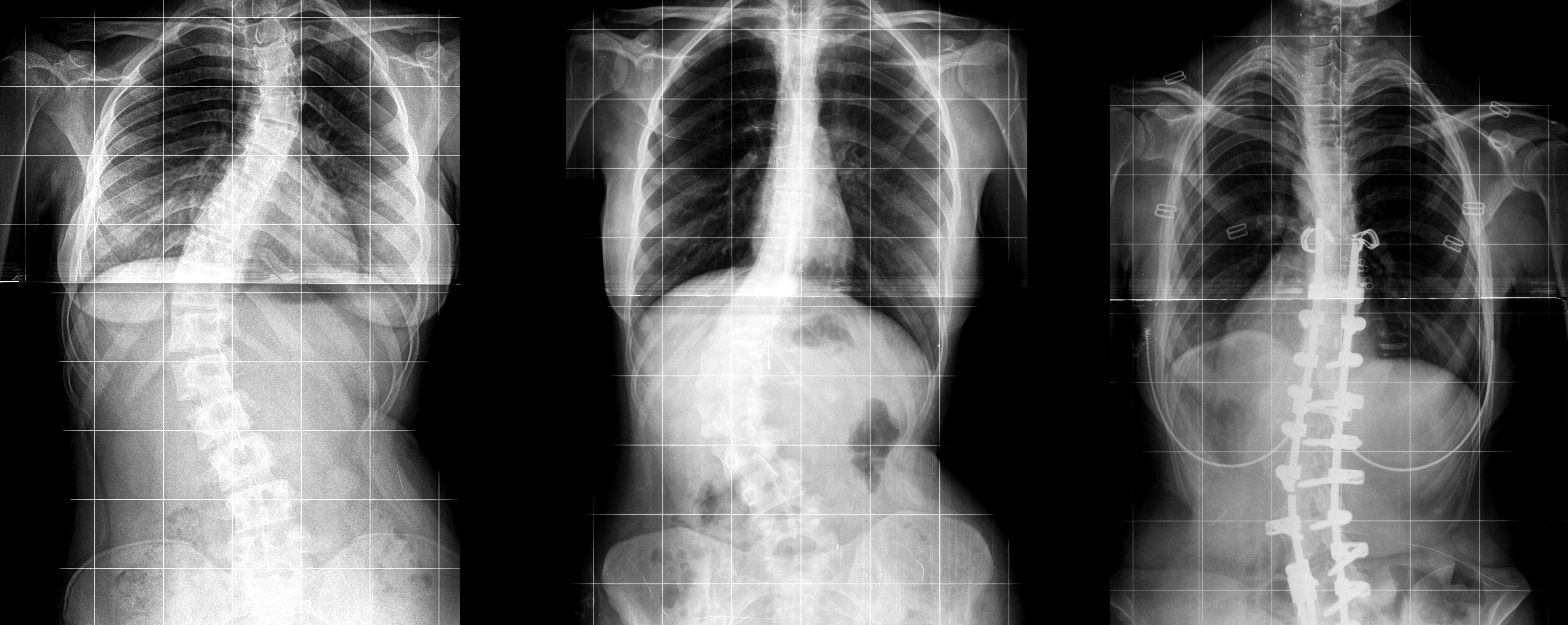Spine Research

About Us
The Edmonton Scoliosis Interdisciplinary Research Group (ESIRG) is focused on using qualitative and quantitative methods in basic science and clinical research to improve the health of those with scoliosis. Scoliosis is a three-dimensional spinal disorder.
ESIRG is a team of interdisciplinary professionals including surgeons, nurses, orthotists, neurophysiologists, physiotherapists, engineers, and researchers with expertise in surgery, neurology, genetics, rehabilitation, and engineering. Our trailblazing, multi-disciplinary team is committed to spearheading cutting-edge research and providing unparalleled care and assessment services.
How we improve patient care + outcomes
We aim to elevate standards locally, provincially, nationally, and internationally in scoliosis research and advanced patient care. We strive to be at the forefront of scoliosis research and innovation through the use of advanced technology. We are committed to continuous growth, and we dedicate ourselves to improving care and assessment methods. We actively seek to establish strategic partnerships, fostering collaboration with key stakeholders and engaged patients. Through these initiatives, we aim to contribute significantly to the training of emerging leaders, to the advancement of scoliosis knowledge, and to improve patient-centered care on a global scale.
Our research focuses on the following:
- Improving the prediction of scoliosis progression
- Developing radiation-free methods for scoliosis monitoring to reduce risk
- Optimizing non-surgical scoliosis treatment
- Improving scoliosis patients’ quality of life
Primary areas of interest
- Understanding the etiology of scoliosis and improving predictions about the risk of progression by developing and implementing genetic tests
- Diagnosing and detecting the progression of scoliosis deformities from measurements obtained without harmful radiation by using surface topography scans and ultrasound imaging
- Optimizing the treatment of scoliosis deformities by developing and demonstrating the effectiveness of ‘smart braces’ and individualized but standardized scoliosis exercises
- Improving patient safety through the use of accurate neuromonitoring during surgery to reduce the risk for electrophysiological detection of impending neural compromise during scoliosis corrective surgery
- Conducting qualitative studies to understand patients’ experiences and improve their quality of life
Our Latest Work
Download the latest issue of the Orthopaedic Research Review to view our current projects and funding partners as well as our recent publications, presentations, and abstracts.
Contact Us
Research Lead
Edmond Lou, PhD., P.Eng
Adjunct Professor, departments of Surgery, Biomedical Engineering, Pediatrics, Radiology, and Diagnostic Imaging
Edmonton Scoliosis Interdisciplinary Research Group (ESIRG)
6–110, Clinical Sciences Building
University of Alberta
8440 – 112 Street
Edmonton, AB
T6G 2B7